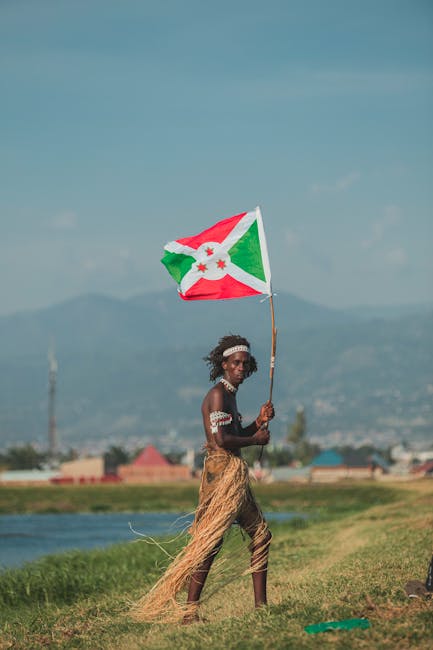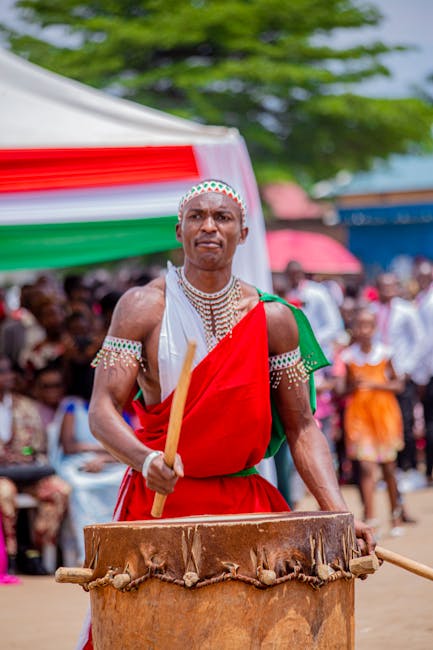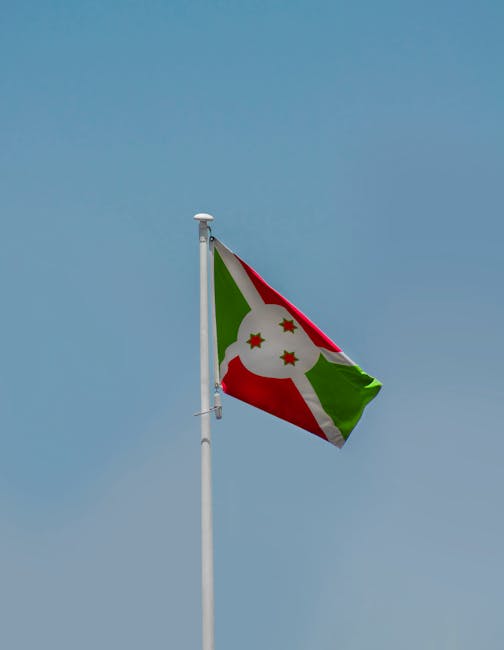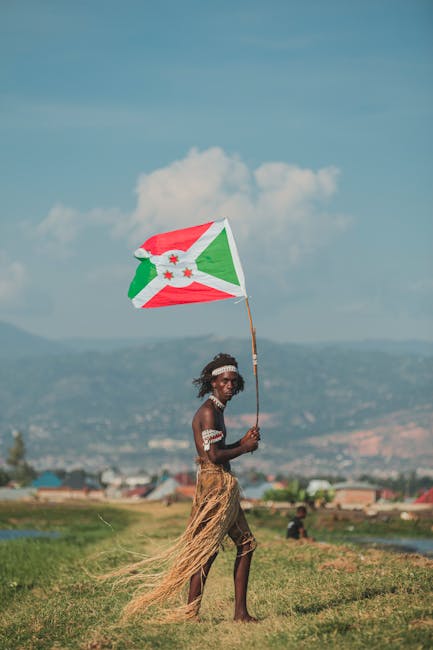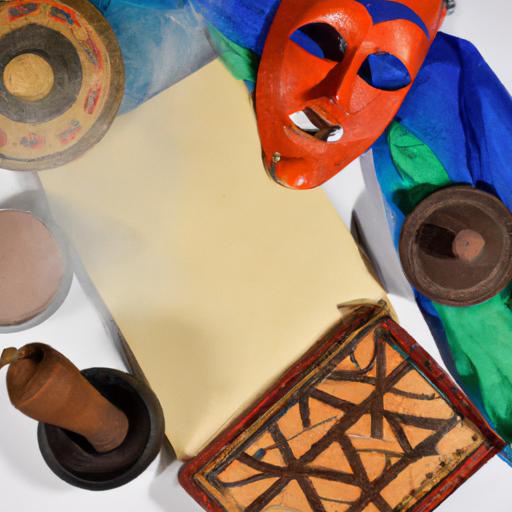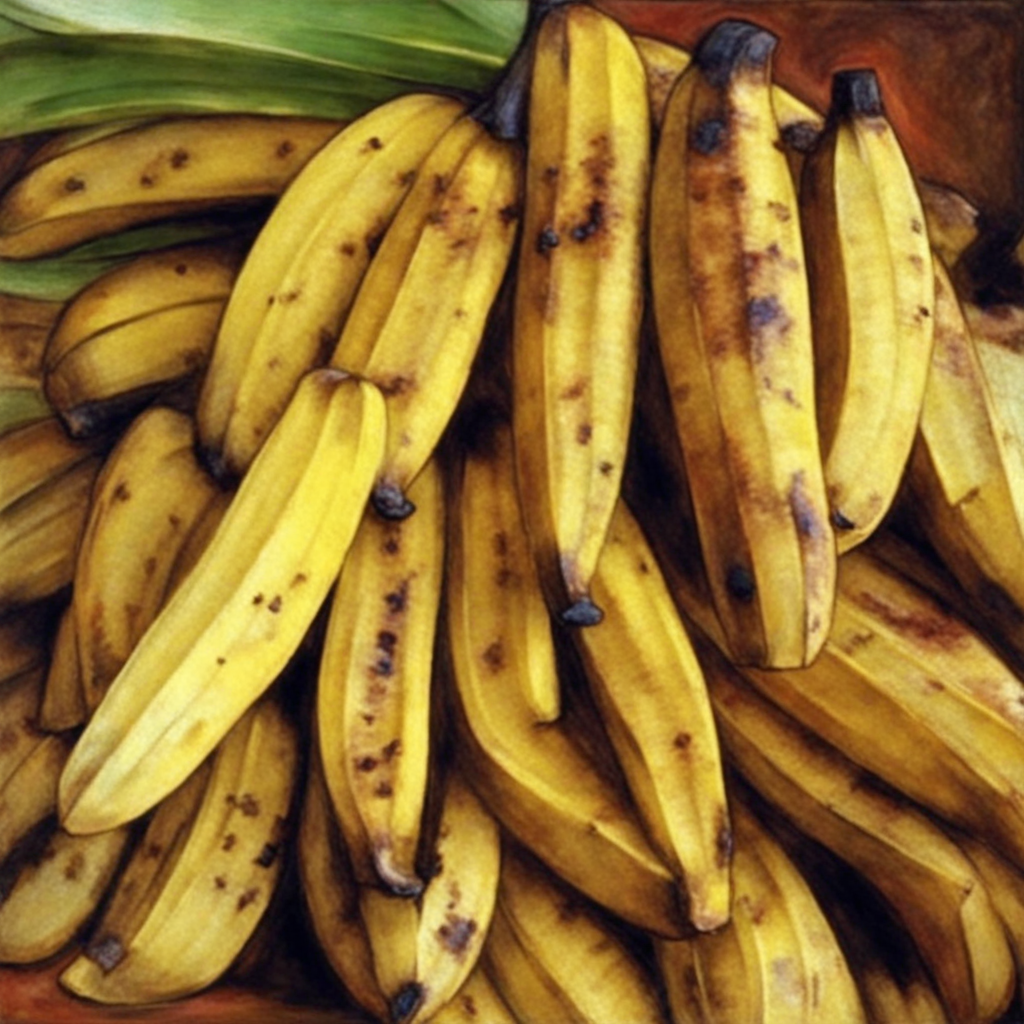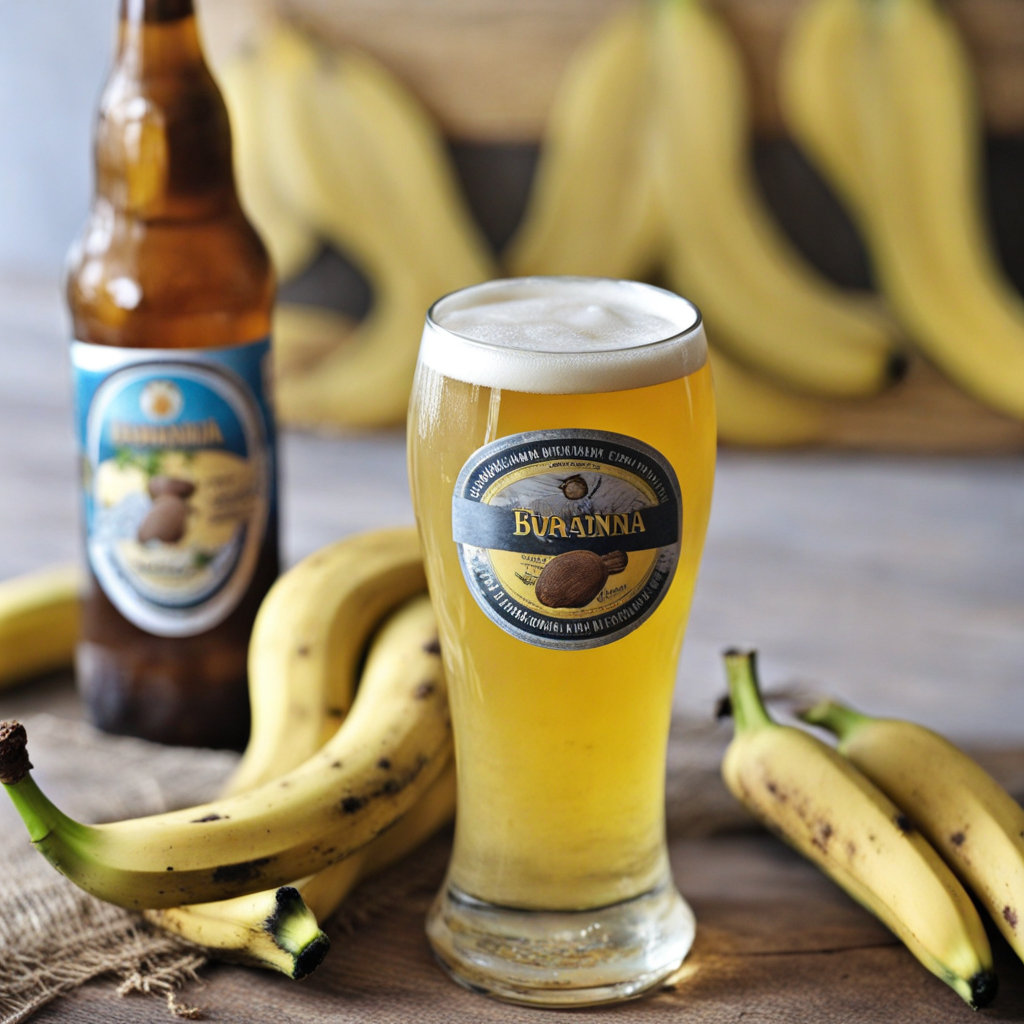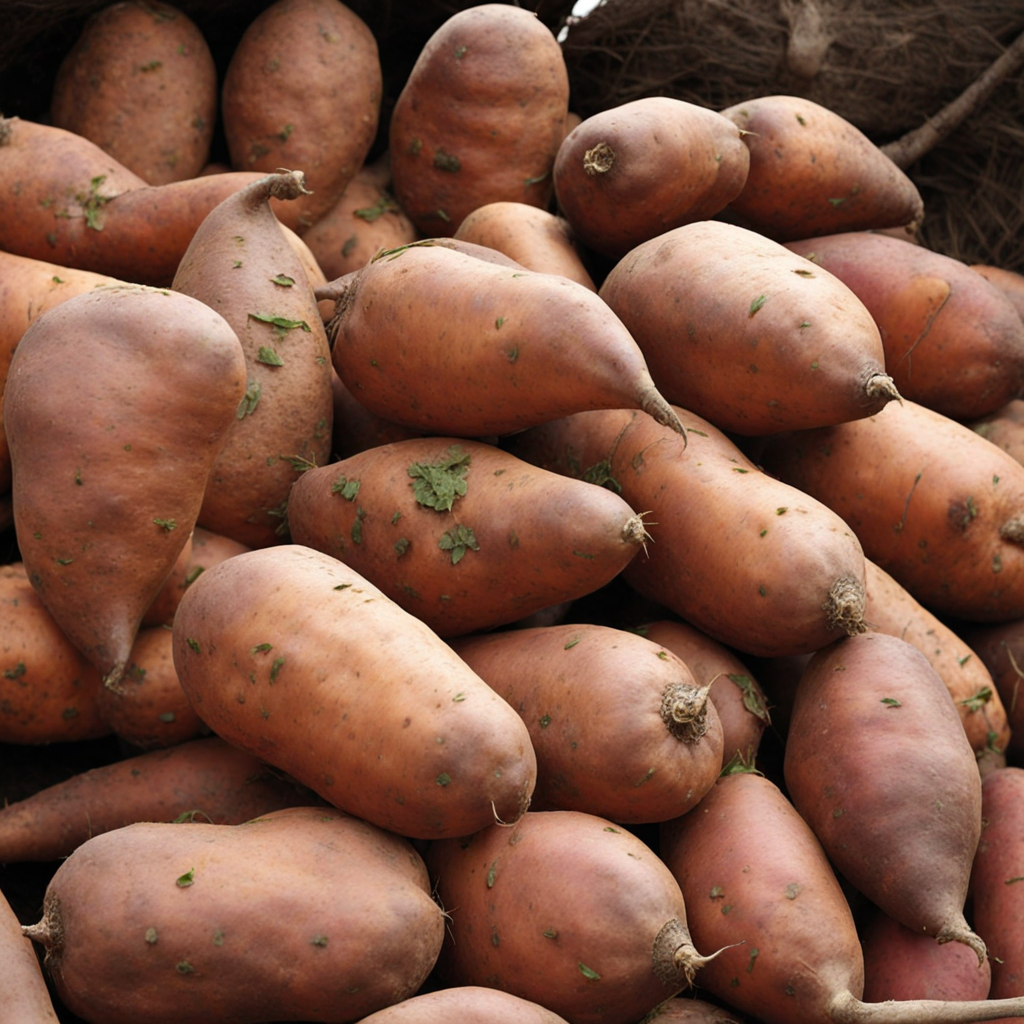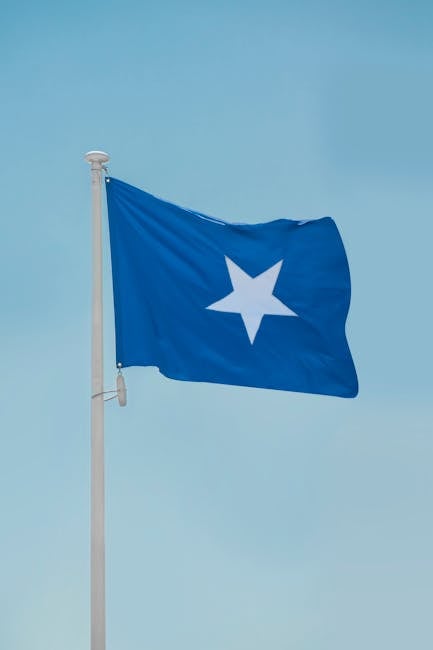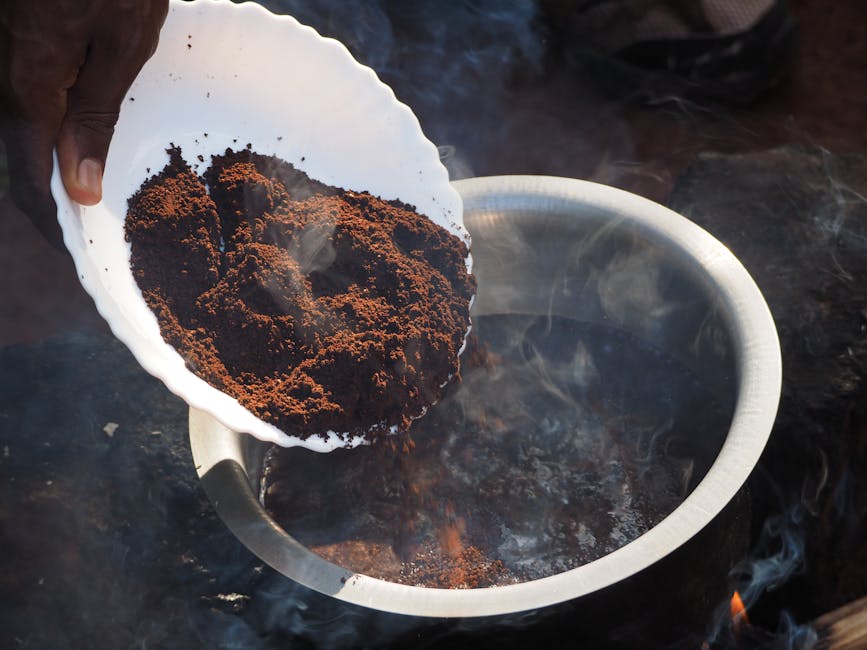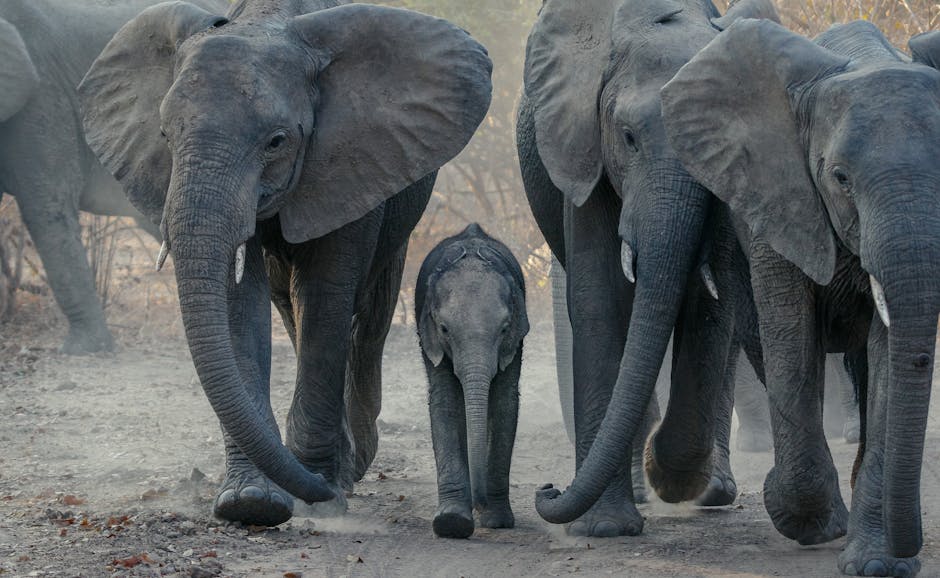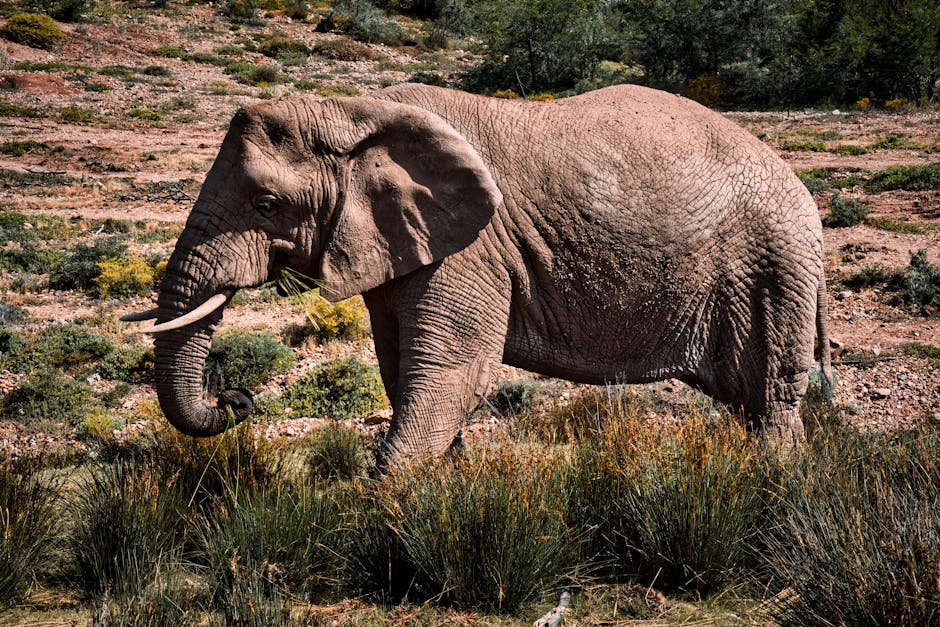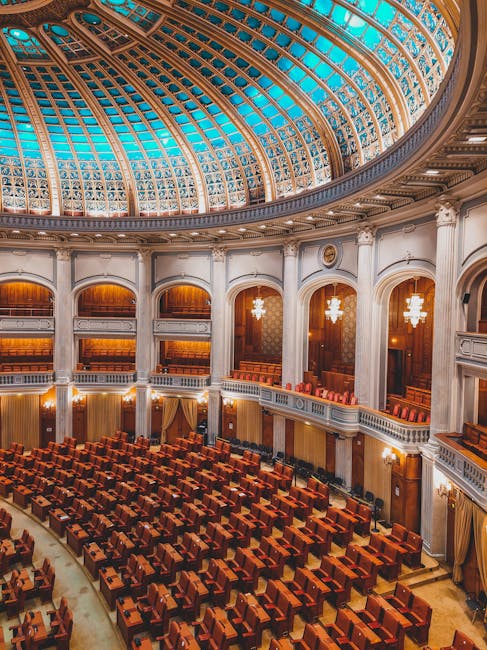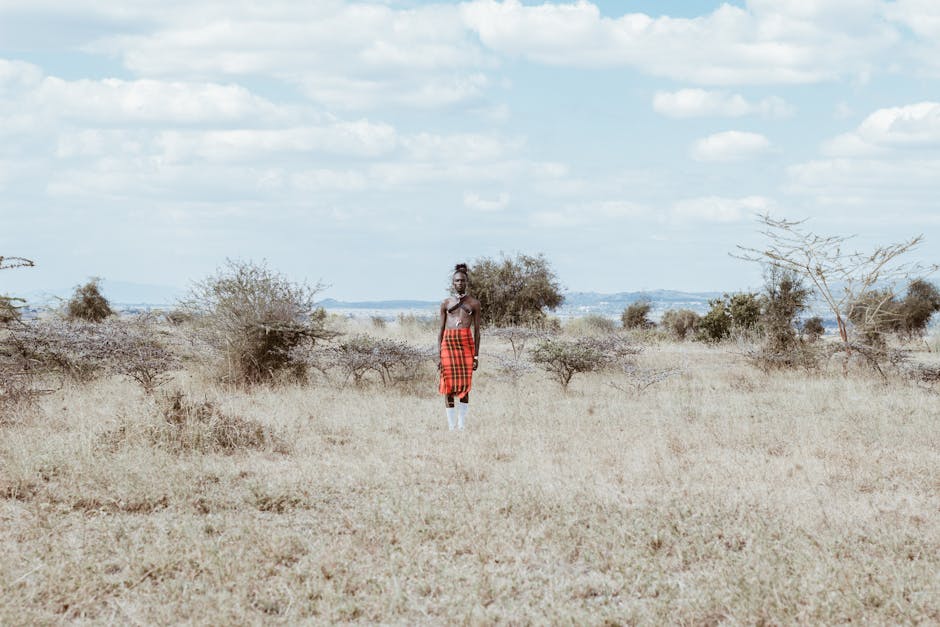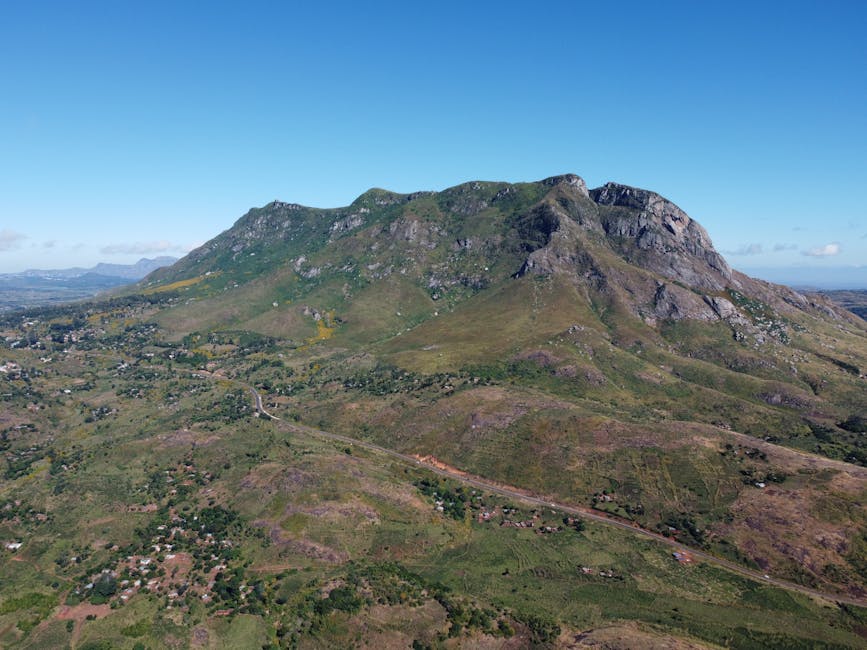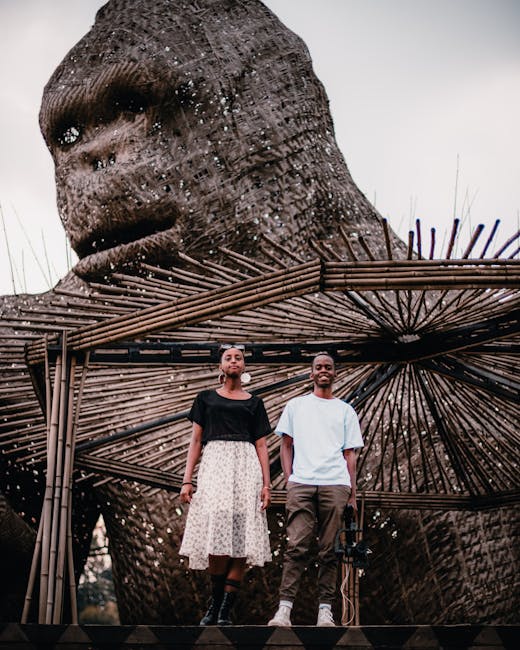Burundi
Overview
Overview:
Burundi is a hidden gem located in East Africa, nestled between Tanzania, Rwanda, and the Democratic Republic of Congo. Despite its small size, this country boasts a rich culture with a deep history. The official languages are Kirundi, French, and English, with Kirundi being the most widely spoken. This nation is also known for its beautiful landscapes, featuring scenic views of mountains, savannahs, and the stunning Lake Tanganyika. The people of Burundi are known for their hospitality and vibrant traditional music and dance. The drummers of Burundi, who perform dance routines accompanied by the rhythm of large wooden drums, are a unique cultural highlight that should not be missed.
High Season and Activities:
The best time to visit Burundi is during the dry season, which runs from June to September. During this time, the weather is more predictable and conducive for outdoor activities. With the clear skies and minimal rainfall, you'll be able to fully enjoy the pristine beauty of the country. Activities during this season range from exploring Kibira National Park, home to diverse wildlife including chimpanzees and monkeys, to beach lounging on the shores of Lake Tanganyika, which is also great for swimming and boat rides. Culture enthusiasts will enjoy visiting the Gishora Drum Sanctuary and catching a live drumming performance. For a taste of local history, the Bujumbura Living Museum, showcasing traditional Burundian lifestyle, is a must-visit.
Preparation:
Travelers to Burundi need to ensure they have a valid passport and a visa, which can be obtained upon arrival at the airport or at any Burundi embassy prior to traveling. It is recommended to get vaccinated against common diseases found in tropical countries like typhoid, hepatitis A, and yellow fever. Malaria is prevalent in Burundi, so antimalarial medication is advisable. It's also beneficial to learn a few basic phrases in Kirundi or French to help navigate the local scene. Credit cards are not widely accepted outside Bujumbura, the country's capital, so carrying cash is advised. Lastly, it’s important to remain aware of the current political situation before and during your visit, as the country has experienced periods of civil unrest.
A Glimpse into the Past
Burundi, a small landlocked country in East Africa, is rich in culture and history, offering travelers a unique glimpse into the past and present of the Great Lakes region. Nestled between Rwanda and Tanzania, Burundi is characterized by its rolling hills, lush landscapes, and a diverse blend of ethnic groups. The country is known for its vibrant customs, traditional music, and resilience, shaped by a history marked by both beauty and conflict.
Early History
The origins of Burundi can be traced back to ancient times, with archaeological evidence indicating that the region was inhabited as early as the 1st century AD. The first inhabitants were likely Bantu-speaking peoples who migrated from the western regions of Africa. By the 15th century, the Kingdom of Burundi was established, founded by the Tutsi people. The kingdom was organized into a complex social structure involving the Tutsi (herders), Hutu (farmers), and Twa (hunter-gatherers), which would later play a significant role in the socio-political dynamics of the region.
The Kingdom of Burundi flourished until it was centralized under the leadership of a king, known as the Mwami. The Mwami held significant power and was often seen as a divine figure. One of the most notable kings was Mwami Ntare V, who ruled during the late 19th century and worked to modernize the kingdom while preserving its cultural heritage. The capital city, Gitega, became the political and spiritual heart of the kingdom, where travelers can still visit the royal palace and learn about the rich traditions of the Burundian monarchy.
Colonial Era
In the late 19th century, European colonial powers began to carve out territories in Africa. Burundi came under German control in the 1890s, forming part of German East Africa alongside neighboring Rwanda and Tanzania. The Germans implemented indirect rule, utilizing the existing monarchy to govern the people, which further entrenched the ethnic divisions between the Tutsi and Hutu communities.
Following World War I, Burundi was mandated to Belgium, leading to increased exploitation of its resources. The colonial administration intensified the divide-and-rule policies, favoring the Tutsi minority over the Hutu majority. This sowed seeds of resentment that would later culminate in violent conflict. Travelers can explore the colonial legacy in the capital city of Bujumbura, where remnants of colonial architecture and history are still visible.
Independence and Ethnic Conflict
Burundi gained independence from Belgium in 1962, but the newfound freedom was marred by ethnic tensions. The assassination of King Mwambutsa IV in 1966 marked a turning point, leading to a military coup by Major Pierre Buyoya, a Tutsi. This ushered in a series of violent uprisings and political unrest as the Hutu majority sought power and representation.
The tensions exploded into violence in 1972, resulting in the massacre of tens of thousands of Hutus in what is often regarded as a genocide. This tragic event left deep scars on the nation, leading to a cycle of retaliatory violence and instability. Despite the turmoil, the resilience of the Burundian people shone through, and the late 20th century saw efforts towards reconciliation and peacebuilding.
Modern Era and Civil War
The 1990s were a tumultuous period for Burundi, as civil war broke out in 1993 following the assassination of the first democratically elected president, Melchior Ndadaye, a Hutu. The conflict pitted the Tutsi-led military against various Hutu rebel groups, leading to significant loss of life and widespread displacement. The civil war lasted until 2006, leaving over 300,000 people dead and countless families torn apart.
Despite the hardship, Burundi has made strides towards peace and stability in the years following the civil war. The Arusha Accords, signed in 2000, laid the groundwork for power-sharing and democratic governance. Today, travelers can witness the ongoing efforts for reconciliation and nation-building, particularly in cities like Gitega and Bujumbura, where community initiatives and cultural exchanges foster unity.
Cultural Heritage and Attractions
Burundi's rich cultural heritage is a treasure trove for travelers. The country is known for its traditional music and dance, particularly the drumming ceremonies that are an essential part of Burundian identity. The Burundian Drummers, an ensemble of skilled musicians, perform at various festivals and cultural events, showcasing the rhythmic heartbeat of the nation.
Visitors can explore the beautiful Lake Tanganyika, one of the largest and deepest lakes in the world. The lake's shores are lined with picturesque fishing villages, where travelers can enjoy fresh fish, partake in local fishing methods, or take boat rides to admire the stunning sunsets. The lake is a hub for biodiversity and offers opportunities for snorkeling and diving in its crystal-clear waters.
Another highlight is the Kibira National Park, a lush rainforest that is home to diverse wildlife, including rare species such as the colobus monkey. Hiking through the park allows travelers to connect with nature while witnessing the stunning landscapes and vibrant plant life.
Local Cuisine and Markets
A trip to Burundi would not be complete without indulging in the local cuisine. Traditional dishes feature staples such as ugali (a maize porridge), ibihaza (pumpkin), and various grilled meats. Street food is also popular, with vendors offering snacks like samosas and fried plantains.
Exploring local markets, such as the bustling Bujumbura Market, provides an authentic experience of Burundian life. Here, visitors can shop for traditional crafts, vibrant fabrics, and fresh produce while engaging with friendly locals. The markets are a testament to the country's rich artisanal heritage, where handmade goods reflect the creativity and resourcefulness of the Burundian people.
Challenges and Opportunities
While Burundi has made significant progress since the civil war, it still faces challenges such as poverty, political instability, and human rights issues. However, the spirit of the Burundian people is one of resilience and hope. Many local organizations are dedicated to promoting peace, education, and sustainable development.
Travelers to Burundi have the opportunity to engage with grassroots initiatives that support community development and empowerment. By contributing to local economies and participating in cultural exchanges, visitors can play a role in fostering positive change.
Burundi is a nation of contrasts, where beauty and struggle coexist. Its rich history, vibrant culture, and stunning landscapes offer travelers an immersive experience that goes beyond the ordinary. Whether exploring its historical sites, indulging in local cuisine, or engaging with its welcoming people, Burundi promises a journey that is both enlightening and unforgettable.
Top cities for tourists in Burundi
Discover the Famous Cities That Might Captivate Your Interests
Must-Try Foods You Can't Afford to Miss
Indulge in a Variety of Fantastic Foods During Your Stay in Burundi
May Be Your Next Destinations
People often choose these countries as their next destination


